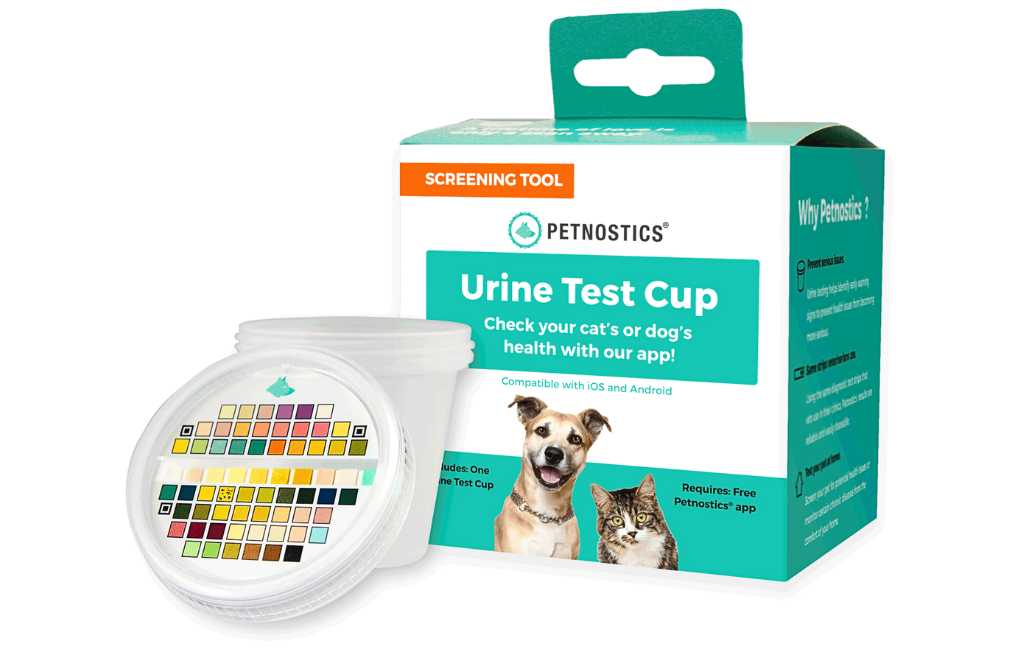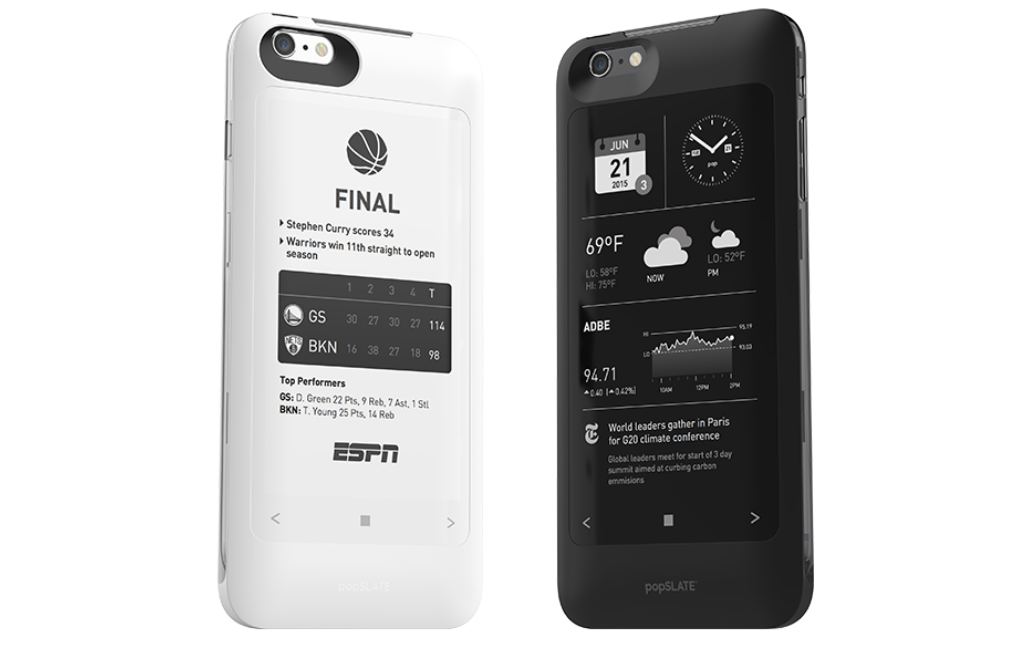Petnostics – Pet Health Indicator
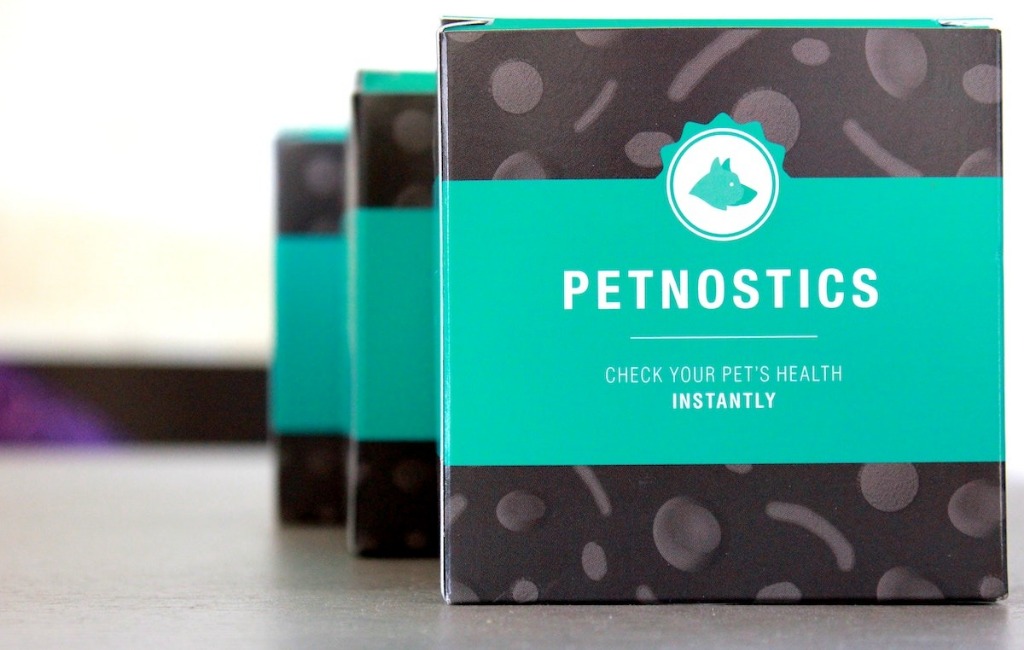

DEAL
EPISODE SUMMARY
🕓 Air Date: April 15, 2016
Asking For:
$300,000 for 10%
Investor:
Lori Greiner, Kevin O'Leary (50/50)
Deal:
$300,000 for 20%
PRODUCT SUMMARY
Petnostics allows pet owners to monitor their pet's health by analyzing urine samples using a special cup integrated with chemical test strips and a smartphone app.
WATCH HERE
IN A RUSH?
Click these to jump to the section you want to read.
Background Story
Petnostics, founded by Stephen Chen, addresses the challenge of monitoring the health of pets, who can’t communicate their well-being like children. Stephen, an industrial engineering graduate from the University of Michigan with an MBA from Harvard, developed the idea to provide a convenient and cost-effective solution for pet health monitoring. The company started in April 2014 and gained attention for its innovative approach to pet care. Stephen, along with his rescue dog Austin, pitched the product on Shark Tank, emphasizing the importance of regular health checks for pets.
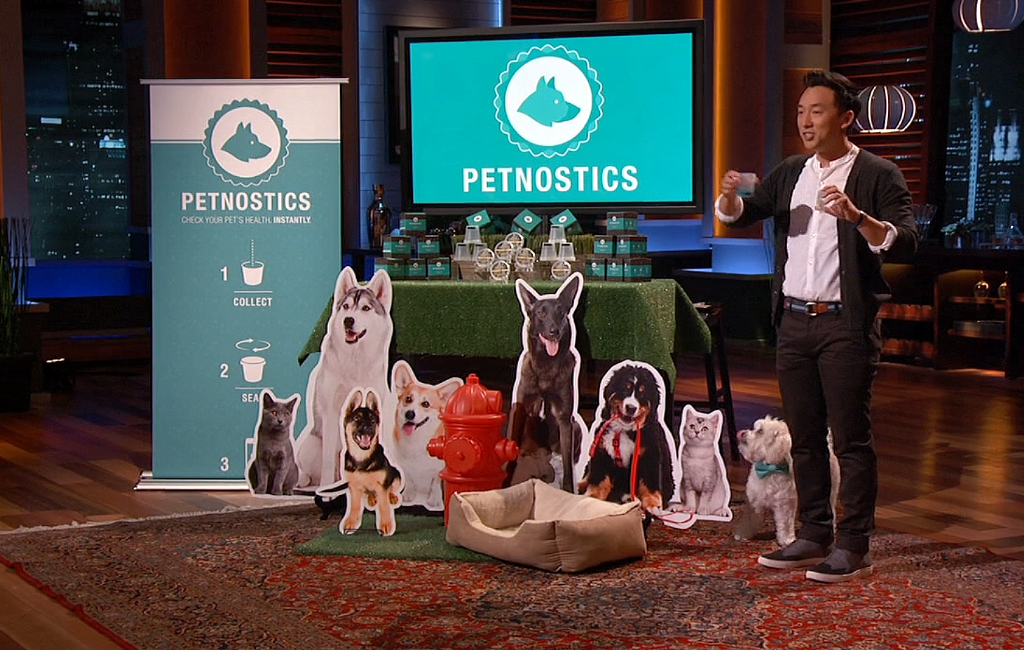
The idea stemmed from Stephen’s understanding that pets, like Austin, relieve themselves predictably during walks. Petnostics simplifies the process by integrating chemical test strips, similar to those used by vets, into a special cup with a lid. The lid is then screwed on after collecting the urine, and the smartphone app analyzes the color changes on the test pads, providing insights into the pet’s health, from diabetes to urinary tract infections.
The Product
Petnostics offers a user-friendly solution for pet owners to monitor their pet’s health instantly and affordably. The product includes a specially designed cup with integrated chemical test strips, resembling the ones used by veterinarians. The process involves collecting a urine sample from the pet, placing it in the Petnostics cup, and securing the lid.
The test pads on the lid change colors based on the pet’s health indicators. The smartphone app, designed by Petnostics, scans the cup and analyzes the color changes, providing information on potential health issues. This includes conditions such as diabetes, urinary tract infections, and hydration levels.
The results can be easily saved and shared with the veterinarian. Petnostics also offers an optional Urine Collector, a ladle with an extendable handle, for pet owners who find it challenging to collect urine directly.
The retail cost for Petnostics cups is $10, with a production cost of $2. Stephen believes that with increased volume, production costs can be reduced to approximately 90 cents per cup. The product is positioned as a one-time-use cup, emphasizing its convenience and affordability compared to traditional vet visits.
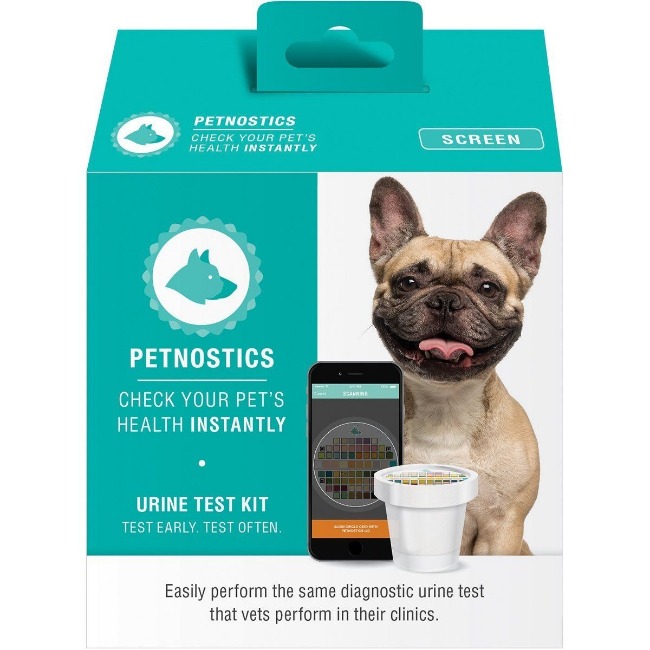
How It Went
The company’s position before Shark Tank
As of the Shark Tank pitch, Petnostics had sold approximately 10,000 cups since its launch in April 2014. Sales were primarily through the company’s website and local retail stores in Southern California. The pitch highlighted that leading veterinarians viewed Petnostics as a valuable tool, akin to a check engine light for pets, indicating potential health issues. Petnostics had four issued patents covering the technology, including the strip, cup format, and the algorithm used for color calibration in the app.
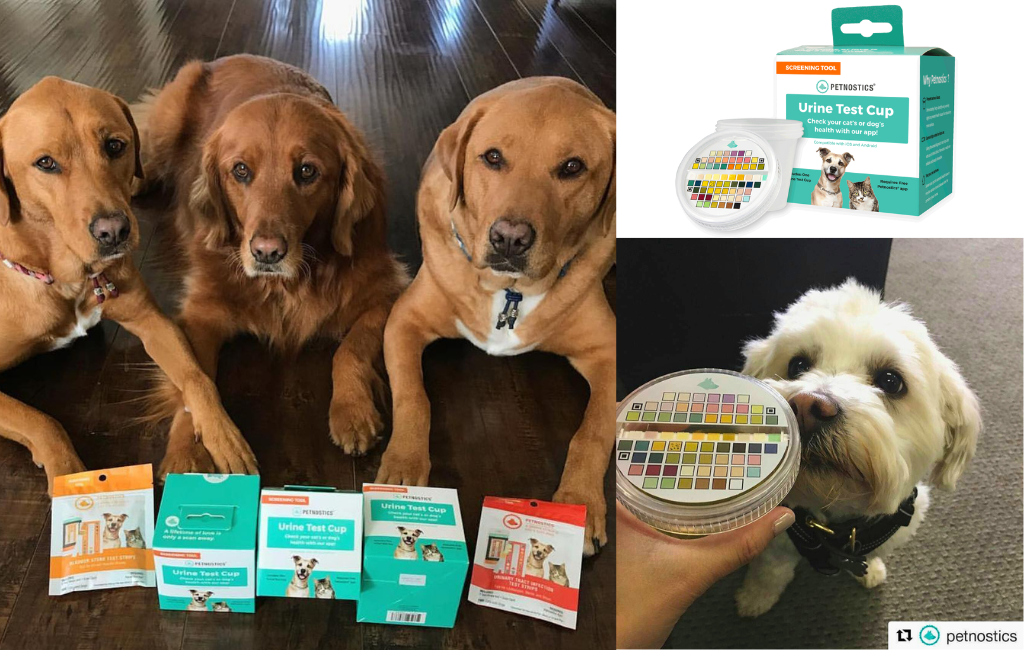
Stephen, the founder, had an industrial engineering background and an MBA from Harvard. The revenue projection for the calendar year was $200,000, with a plan to reach $400,000 the following year. Petnostics aimed to introduce new specific-disease tests, targeting a market of 590 million potential tests. The distribution channels were still evolving, with discussions around working with vets, direct online sales, and potential retail partnerships.
The Negotiations:
During the negotiations, Lori and Kevin both offered $300,000, but Lori proposed a 20% equity stake, emphasizing her ability to bring in QVC and retail opportunities. Kevin, on the other hand, offered a 15% equity stake, focusing on the veterinary clinic side. Ashton Kutcher expressed interest in the product but raised concerns about potential disruption by other platforms offering less invasive alternatives for pet health monitoring. Ultimately, Kutcher chose not to invest, followed by Robert Herjavec, who expressed reservations about the business model.

Lori countered Kevin’s offer, suggesting a 50/50 split for a 20% equity stake. Kevin stood firm on his 15% offer. Stephen, recognizing the value each Shark brought, asked Lori if she would consider $300,000 for 15%, equaling Kevin’s offer. However, Lori declined, maintaining her 20% proposal. With no other offers on the table, Stephen accepted Lori and Kevin’s joint deal of $300,000 for a 20% equity stake. The negotiation showcased the Sharks’ different perspectives on the product’s market potential and distribution strategy.
